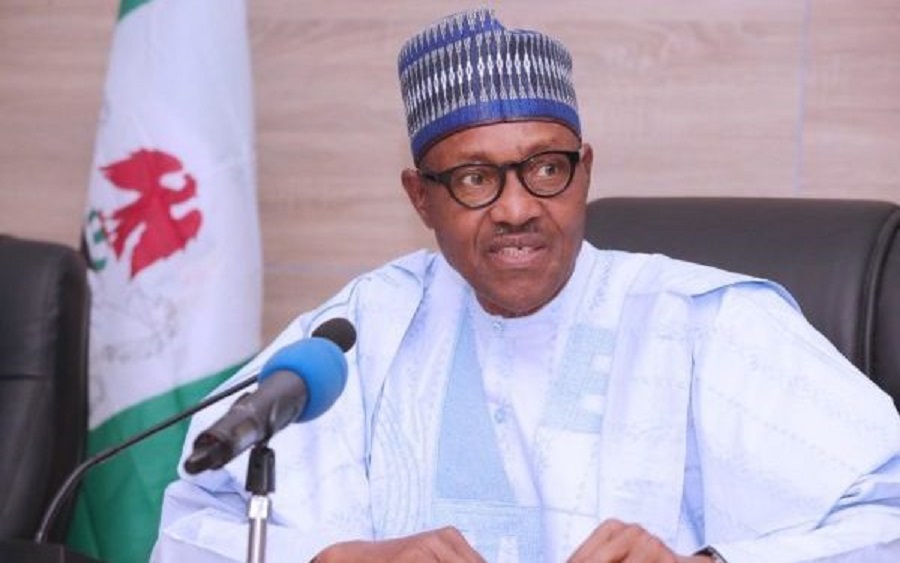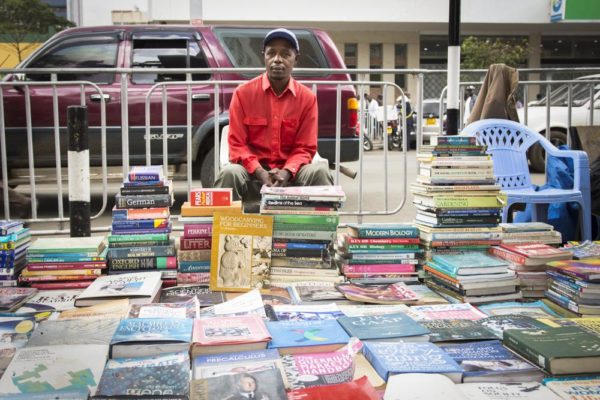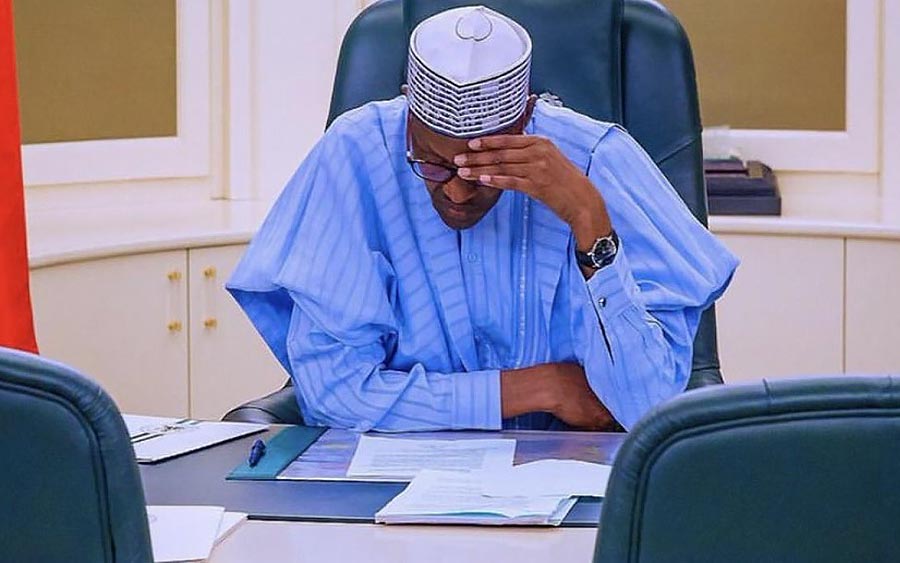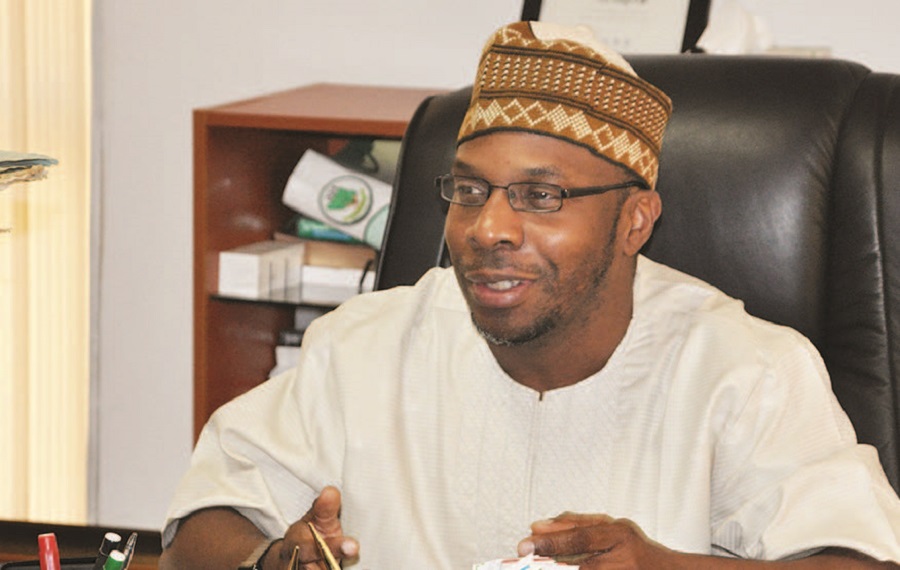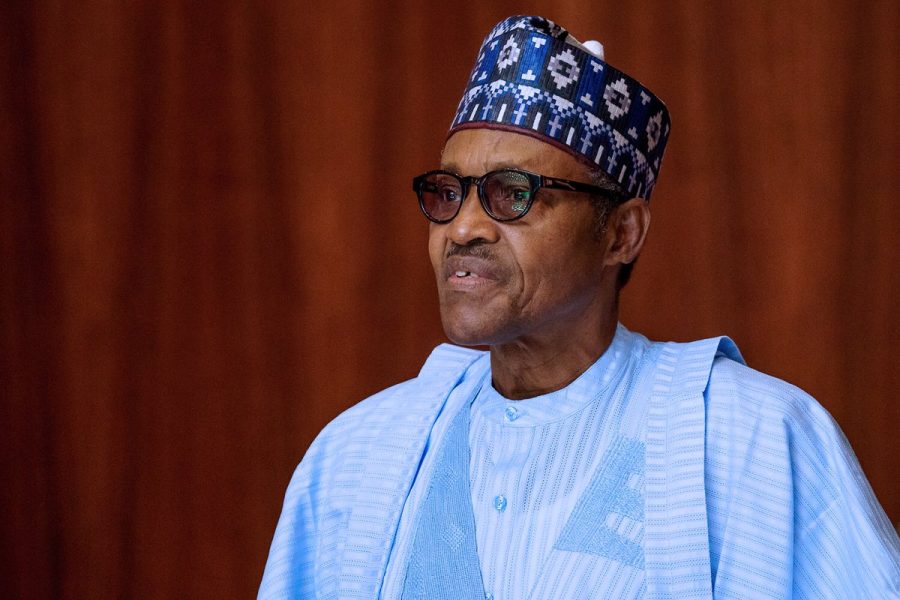Nigeria’s President, Muhammadu Buhari, has presented the 2020 appropriation bill before a joint session of the National Assembly. According to the President, the revenue generation estimated to fund the 2020 national budget is N8.155 trillion.
The money will be sourced from oil (N2.64 trillion), Non-oil (N1.81 trillion), and others (N3.7 trillion).
In the meantime, the 2020 budget itself has been set at N9.79 trillion, indicating that there is a deficit of about N1.5 trillion. What this means, therefore, is that the Federal Government will need to borrow in order to balance up the budget.
Already, Nigeria has approached The World Bank to borrow the sum of $2.5 billion, a loan it will most likely receive once negotiations are concluded. But even with this, the government will need to borrow additional money.
How the money will be spent
The breakdown below shows how the 2020 Nigerian National Budget has been allocated:
- Works and Housing: N262 billion
- National Assembly: N125 billion
- Judiciary: N110 billion
- Power: N127 billion
- Transportation: N123 billion
- Universal Basic Education Commission: N112 billion
- North East Development Commission: N37.83 billion
- Defence: N100 billion
- Industry, Trade & Investment: N40 billion
- Social Investment Programmes: N30 billion
- FCT: N28 billion
- Health: N46 billion
- Niger Delta Ministry: N24 billion
- Interior: N35 billion
- Zonal Intervention Projects: N100 billion
- Agriculture and Rural Devt: N83 billion
- Water Resources: N82 billion
- Niger Delta Development Commission: 81bn Education: N48 billion
- Capital Projects: N2.46 trillion
[READ: Buhari blames Nigerians for rising unemployment and economic woes]
President Buhari noted that he hopes the 2020 Appropriation Act will come into effect as early as January next year. But this may never happen, going by past precedents. He also stated that focus will be on the completion of already ongoing projects instead of merely starting new ones.
Other comments by the President
Meanwhile, the President used the occasion to briefly highlight the supposed economic successes recorded by his administration. According to him, the Nigerian economic has recorded consecutive GDP growth over the past nine quarters.
Between January 2017 and August 2019, the country’s inflation has reduced from 18% to 11%, he said. Similarly, Nigeria’s external reserves went up from $23 billion in October 2016 to about $42 billion in Sept 2019.
He even touted his anti-corruption agenda once more, emphasising that his administration is determined to maintain strict adherence to the Treasury Single Account which has supposedly helped to curb corruption.
[READ: See list of members of the National Economic Council]
“I have directed the stoppage of salaries for any government staff not captured in the Integrated Payroll and Personnel Information System (IPPIS) by end of October 2019.”
Lastly, he noted that it has become very essential for the government to intensify its revenue generation efforts, albeit in a way that the extremely poor people in society will be very much affected. Now, while this sounds considerate, it is rather problematic nonetheless because the people are already complaining. The government’s recent policies such as its proposed Communications Service Tax, VAT increments, and proposed re-introduction of tollgates do not exactly augur well for the poor.

